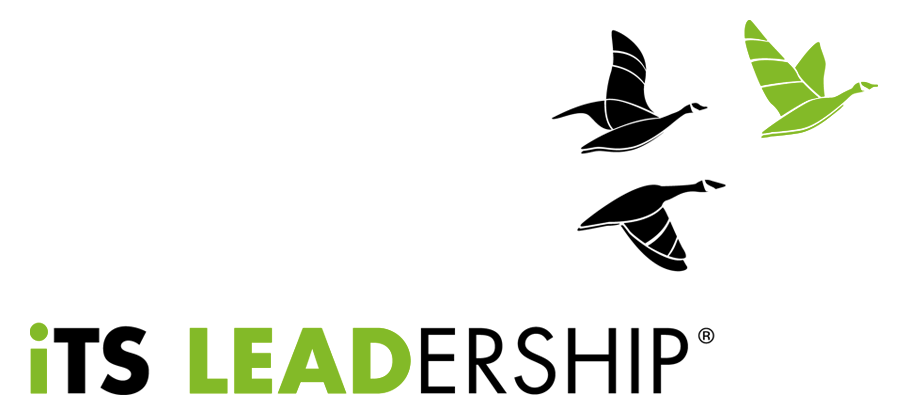When on holiday recently I unexpectedly found myself doing nothing. Despite fully intending to catch up on some work-related tasks and planning to spend structured time thinking about various business challenges while I was away, I instead set aside my vacation to-do list and just did nothing. Amazingly, I discovered that doing nothing was incredibly productive. That started me pondering the enormous value to be derived from non-doing, something which our always-on society rarely, if ever, recognises.
Boketto: the art of doing nothing
Coincidentally, during this period of cogitation, I’ve discovered via my Daily Calm meditation that the Japanese actually have a word to describe this wonderful state of non-doing and non-thinking: boketto. Denoting the practice of staring into space or disengaging from your surroundings and allowing your mind to be empty, boketto has much to recommend it.
The last time most of us indulged in such behaviour was in our childhood, but boketto is far from being a youthful daydream. It’s a conscious moment of ‘downing tools’ mentally and allowing our thoughts to stop whirring. This kind of brain break is shown to be beneficial for many reasons, and for busy leaders working in a high pressure environment, it’s particularly valuable.
The first instinct of many leaders is to keep going, pushing forward every day to power through our action list and drive ourselves and our teams towards our next targets. It can seem as though there’s never enough time in our day and hitting the pause button feels like an impossibility. I’ve written before about the technique of ‘slowing down to speed up’ and boketto takes this idea one step further.
Making space for creativity
As I discovered on my holiday, doing nothing mentally acts as a reboot almost in the same way that sleep acts on our bodies. It has been shown that “many functions in the body such as muscle repair, tissue growth, protein synthesis…occur primarily during sleep.” My experience of allowing my mind to do nothing seems to have had a similar effect on my thinking. Without trying to solve any of the problems I wanted to think about, by doing nothing I found that fresh ideas and solutions just came to me, unprompted.
Have you ever had the experience of a team member approaching you for help and you spring into action to try and solve their problem? But what if you did nothing instead? What if you just listened to them and didn’t say or do anything? In that space of doing nothing I have so often found that a solution magically appears. This kind of listening, where we embrace silence and resist the urge to fill the gap, opens up creativity and gives people the opportunity to find their own answers. Boketto – it seems to me – has a similar effect when we listen to our own thoughts and then just let them sit for a while, unattended. In time, the answers present themselves.
Do less, boost productivity
There is also a strong business argument for spending time doing nothing. The temptation – particularly when we feel the pressures of the rat race – is to be constantly doing. But did you know that countries with a shorter working weekalso boast some of the highest productivity rates? Doing less, and sometimes doing nothing, can not only drive commercial success but also boost employee wellbeing and happiness too.
After discovering the joy and importance of doing nothing, I’ve resolved to devote more time and attention to switching off. Why don’t you try it too? I’d love to hear how you get on.
Let’s start something new!
Get in touch with us today and take the first steps to transforming your business.

Recent Comments